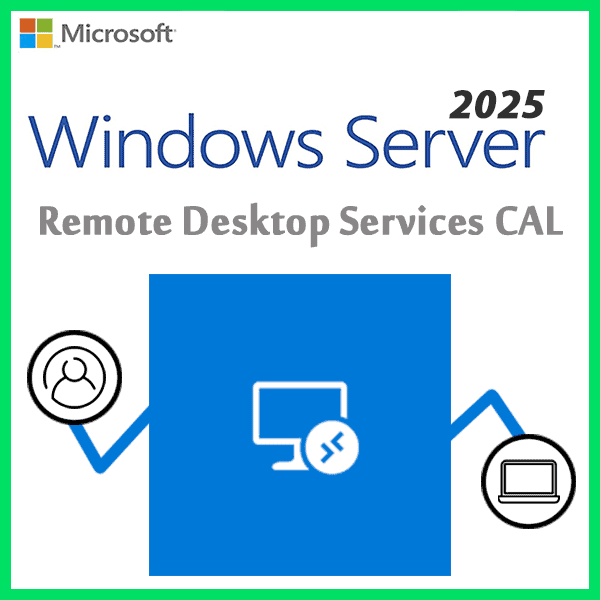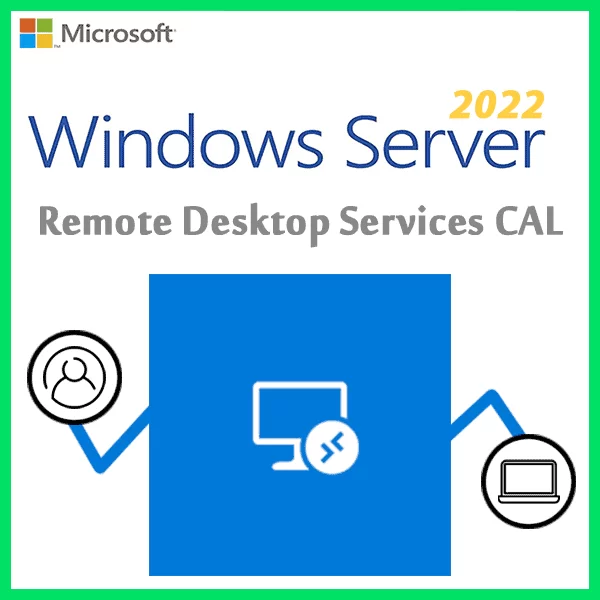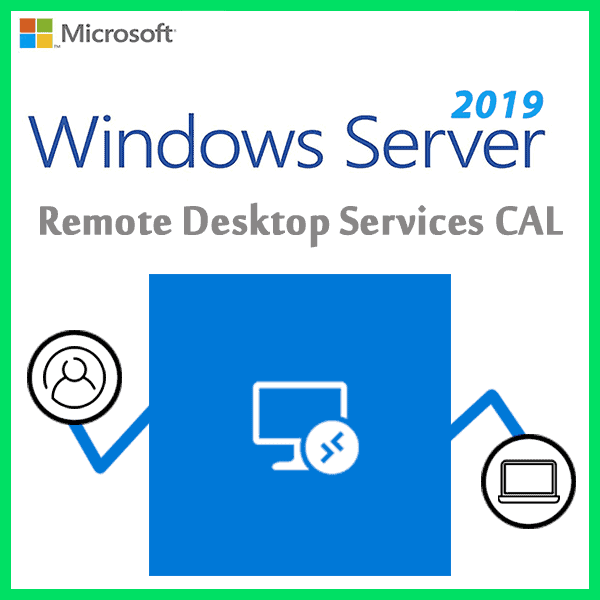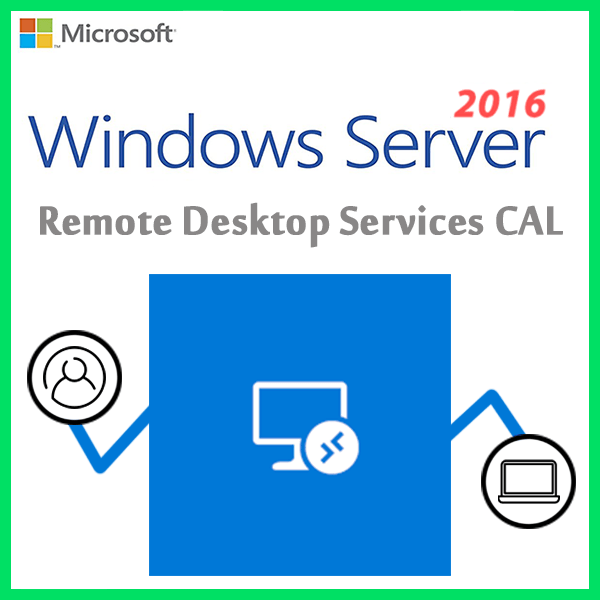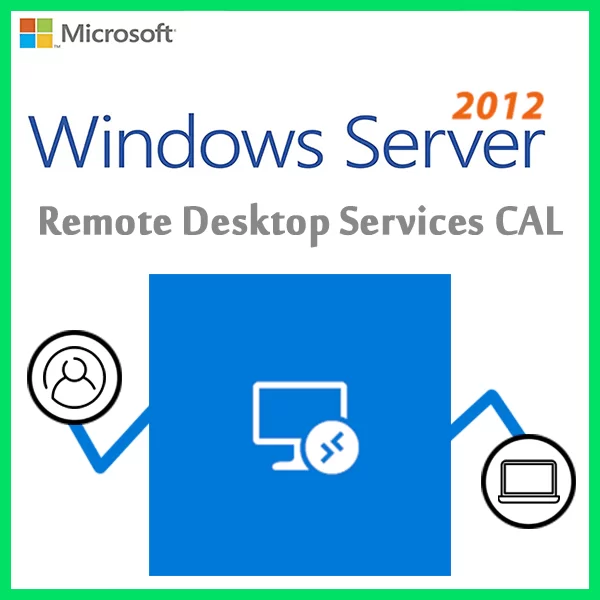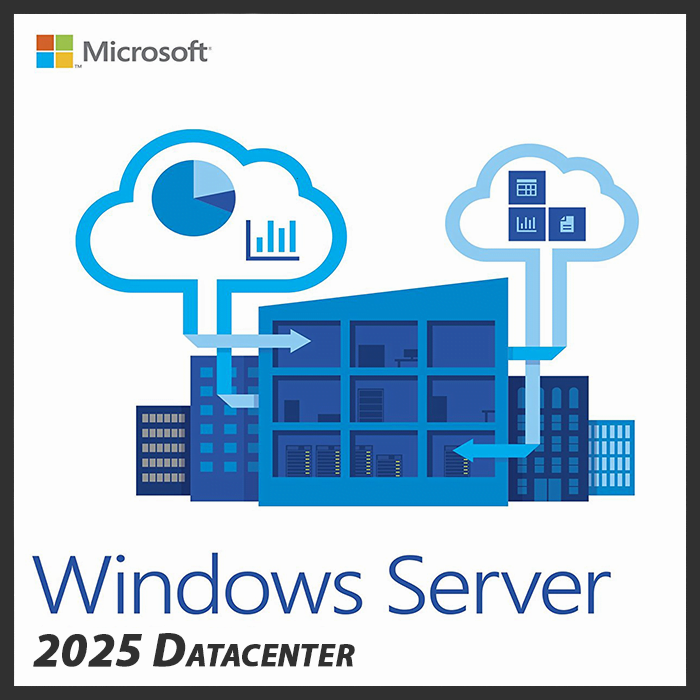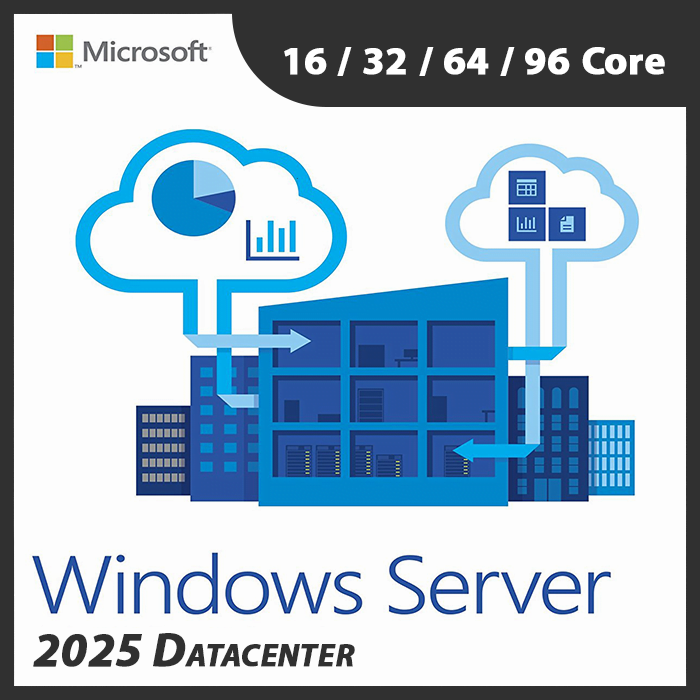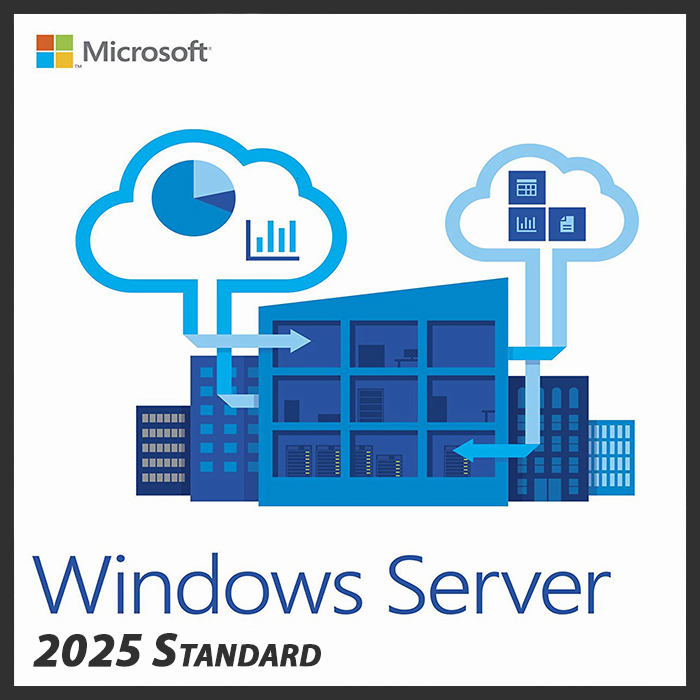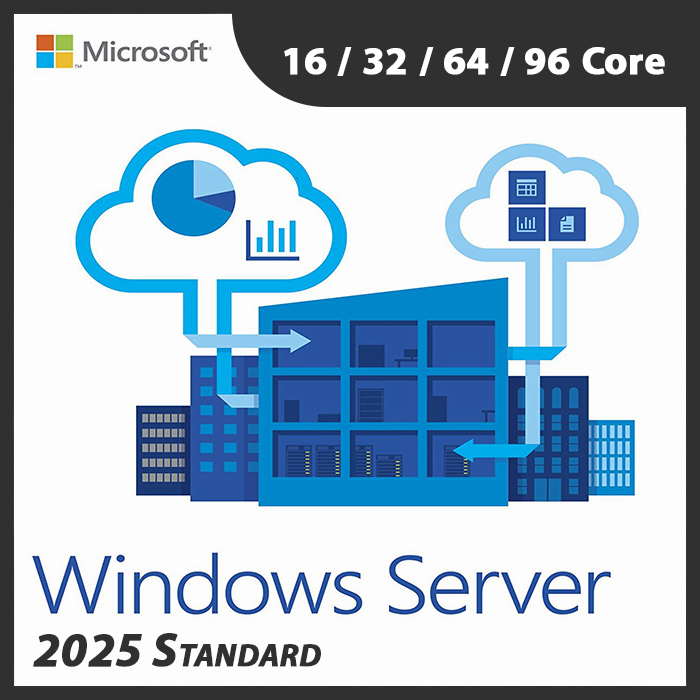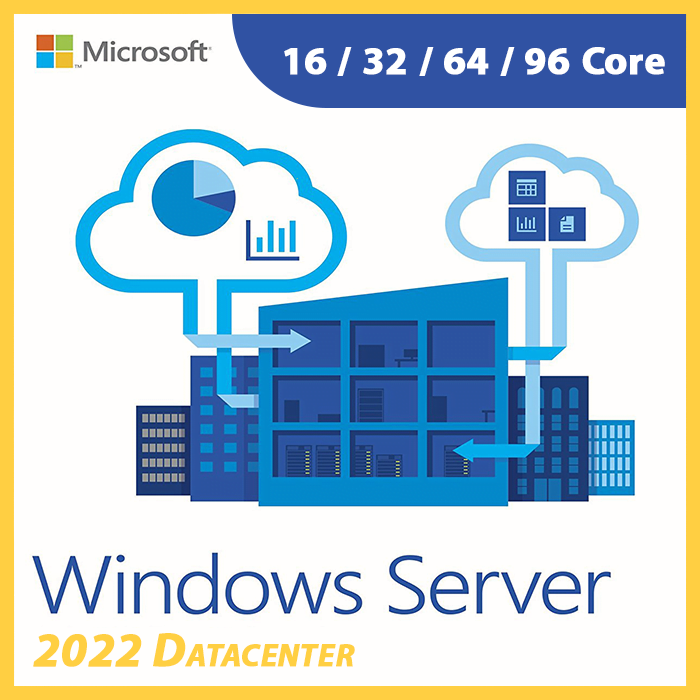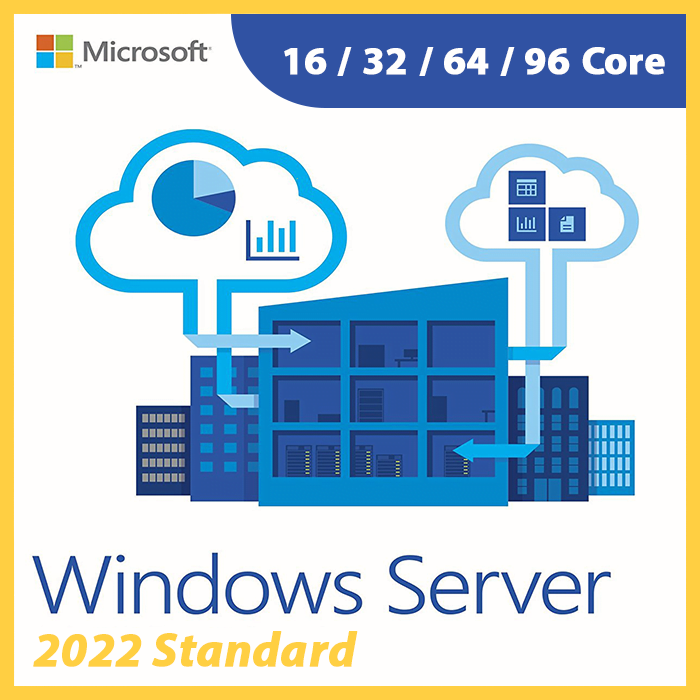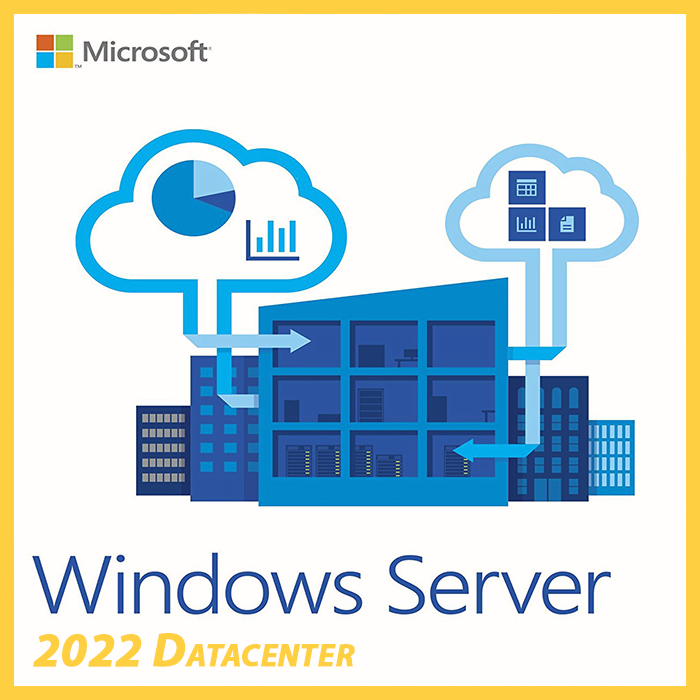Home » Licensing SQL Server on Windows Server: Considerations and Options
Licensing SQL Server on Windows Server: Considerations and Options
Licensing SQL Server, one of the most widely used database management systems, is a crucial step in optimizing your database operations. When SQL Server is hosted on Windows Server, there are specific considerations and licensing options to explore. In this guide, we’ll delve into the factors to consider and the licensing options available for SQL Server on Windows Server.
Understanding SQL Server Licensing
SQL Server licensing involves the acquisition of the necessary licenses to use SQL Server software effectively. Licensing options can vary based on the edition of SQL Server you choose and the environment in which you plan to deploy it.
SQL Server Editions
SQL Server offers various editions, including SQL Server Standard, SQL Server Enterprise, and SQL Server Express, each with distinct features and licensing requirements.
Licensing Environments
SQL Server can be deployed in various environments, such as physical servers, virtual machines, and containers. The licensing requirements can differ based on the deployment method.
Licensing SQL Server on Windows Server
When licensing SQL Server on Windows Server, there are several key considerations to keep in mind:
SQL Server Edition
The edition of SQL Server you choose affects licensing costs and capabilities. SQL Server Standard and SQL Server Enterprise have different licensing models and feature sets. Select the edition that aligns with your requirements.
Core-Based Licensing
In many cases, SQL Server is licensed based on the number of processor cores in use. It’s important to accurately count the number of cores in your server, as this can significantly impact licensing costs.
Virtualization
If you run SQL Server in virtualized environments, you’ll need to consider the licensing model for virtualization. Microsoft offers licensing options specifically designed for virtual machines.
Containers
Licensing SQL Server in containerized environments requires understanding container licensing. SQL Server 2019 and later versions support containerization and have specific container licensing terms.
SQL Server CALs
For user-based access, SQL Server Client Access Licenses (CALs) may be required. It’s essential to understand when CALs are necessary and ensure compliance with licensing agreements.
Licensing Options
- Per Core Licensing: This option licenses SQL Server based on the number of cores in use. It’s suitable for environments where the number of cores is known and consistent.
- Server+CAL Licensing: This model requires both core licenses and SQL Server Client Access Licenses (CALs) for user or device access. It’s ideal for scenarios where you have a variable number of users or devices accessing SQL Server.
- Container Licensing: For containerized environments, SQL Server provides container licensing options that align with containerized application usage.
- Virtualization Licensing: If you run SQL Server in virtualized environments, Microsoft offers licensing models specifically designed for virtual machines.
Best Practices
- Assessment: Carefully assess your organization’s requirements, including the edition of SQL Server, the number of cores, virtualization, and user/device access needs.
- Licensing Compliance: Ensure compliance with Microsoft’s licensing agreements to avoid legal and financial consequences.
- Consultation: Consider consulting with Microsoft licensing experts or authorized resellers for guidance on complex licensing scenarios.
In conclusion, licensing SQL Server on Windows Server involves various considerations and options, all of which can significantly impact your database management costs and capabilities. By understanding the factors involved and making informed decisions, you can optimize your SQL Server licensing for your organization’s specific needs.
Recent posts
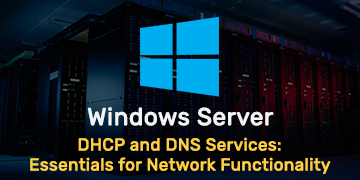
DHCP and DNS Services: Essentials for Network Functionality
Explore the critical roles of DHCP & DNS in networks, enabling efficient IP address management and domain name resolution.
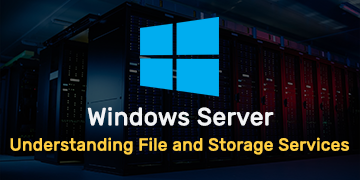
Understanding File and Storage Services in Windows Server
Explore Windows Server’s File & Storage Services for efficient data management, storage, and sharing within networks.
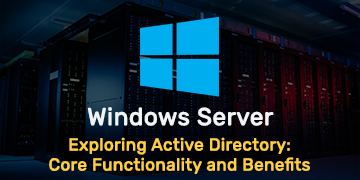
Exploring Active Directory: Core Functionality and Benefits
Discover the fundamentals and advantages of Active Directory for efficient user management and network administration.
